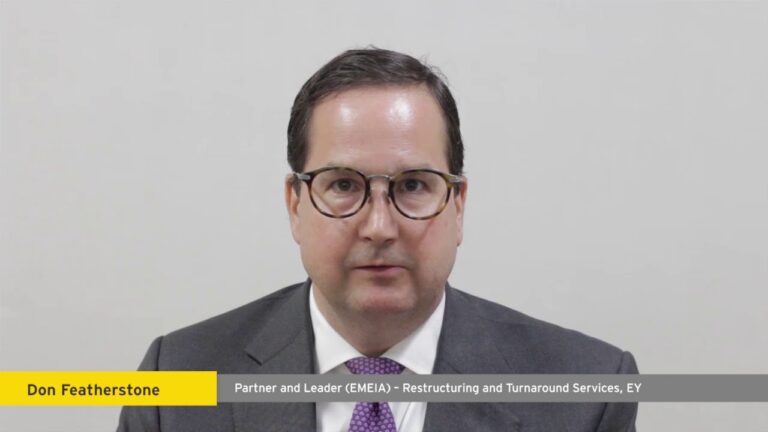Lucrative Job: Oncology PA – High Salary & Fulfilling Role

Oncology Physician Assistant Job Description Template
Oncology Physician Assistant Job Description: An Oncology Physician Assistant (PA) is a healthcare professional who works under the supervision of a licensed physician specializing in oncology. They assist in providing comprehensive care to patients with cancer, offering both medical and emotional support throughout the treatment process. The responsibilities of an Oncology Physician Assistant include: – Conducting patient assessments, including medical history and physical examinations. – Ordering and interpreting diagnostic tests, such as blood work and imaging studies. – Developing and implementing treatment plans in collaboration with the physician. – Administering chemotherapy, immunotherapy, and other cancer treatments. – Monitoring patients’ progress and adjusting treatment plans as necessary. – Providing education and counseling to patients and their families regarding their condition and treatment options. – Assisting in complex procedures, such as bone marrow biopsies and lumbar punctures. – Collaborating with other healthcare professionals to ensure comprehensive care. – Documenting patient encounters and maintaining accurate medical records. Key skills and qualifications for an Oncology Physician Assistant include: – A master’s degree in Physician Assistant Studies or a related field. – Licensure as a Physician Assistant and certification from the National Commission on Certification of Physician Assistants (NCCPA). – Prior experience in oncology or a related field is preferred. – Strong knowledge of cancer treatments, medications, and protocols. – Excellent communication and interpersonal skills. – Ability to work in a fast-paced and high-stress environment. – Attention to detail and strong problem-solving abilities. – Compassion and empathy towards patients and their families. – Proficiency in electronic medical record systems and other healthcare technologies. In summary, an Oncology Physician Assistant plays a vital role in the care of cancer patients, providing medical expertise and emotional support throughout their treatment journey. They work closely with physicians to deliver comprehensive care and ensure the best possible outcomes for patients.Oncology Physician Assistant Responsibilities
Oncology Physician Assistant Requirements
How Much Does A Oncology Physician Assistant Make?
Oncology Physician Assistant Salary
| Experience Level | Annual Salary |
|---|---|
| Entry Level | $90,000 – $110,000 |
| Mid-Career | $110,000 – $130,000 |
| Experienced | $130,000 – $150,000 |
| Senior | $150,000+ |
An Oncology Physician Assistant’s salary varies depending on their experience level. Entry-level PAs can expect to earn between $90,000 and $110,000 annually. As they gain more experience and advance in their career, mid-career PAs can earn between $110,000 and $130,000 per year. Experienced PAs with several years of experience can earn between $130,000 and $150,000 annually. Senior PAs, who have extensive experience and may hold leadership positions, can earn $150,000 or more annually. These salary ranges are just estimates and can vary based on factors such as location, employer, and additional certifications or specializations.
Oncology Physician Assistant Salaries by Country
Top Paying Countries for Oncology Physician Assistant
| Country | Average Salary (USD) |
|---|---|
| United States | $110,000 |
| Canada | $95,000 |
| Australia | $90,000 |
| Switzerland | $85,000 |
| United Kingdom | $80,000 |
An Oncology Physician Assistant is a highly specialized medical professional who works closely with oncologists to provide comprehensive care to cancer patients. The salary of an Oncology Physician Assistant varies by country. According to data, the top paying countries for Oncology Physician Assistants include the United States, Canada, Australia, Switzerland, and the United Kingdom.
In the United States, Oncology Physician Assistants earn an average salary of $110,000 per year. Canada follows closely with an average salary of $95,000, while Australia offers an average salary of $90,000. In Switzerland, Oncology Physician Assistants can expect an average salary of $85,000, and in the United Kingdom, the average salary is $80,000.
These salaries reflect the high demand for skilled Oncology Physician Assistants in these countries, as well as the level of expertise required to provide specialized care to cancer patients. It’s important to note that salaries may vary based on factors such as experience, qualifications, and location within each country.
A video on the topic Oncology Physician Assistant
Video Source : The Posh PAInterview Questions for Oncology Physician Assistant
1. What inspired you to become an Oncology Physician Assistant?
I have always been passionate about healthcare and helping others. Oncology in particular drew my interest due to the complexity of the disease and the opportunity to make a significant impact on patients’ lives.
2. Can you tell us about your experience in the field of oncology?
I have been working as an Oncology Physician Assistant for the past five years. During this time, I have gained experience in diagnosing and treating various types of cancer, managing chemotherapy treatments, and providing supportive care to patients and their families.
3. How do you stay up-to-date with the latest advancements in oncology?
I regularly attend conferences, participate in continuing education programs, and read medical journals to stay informed about the latest advancements in oncology. Additionally, I am an active member of professional organizations that provide resources and networking opportunities.
4. How do you approach the emotional aspect of working with cancer patients?
Working with cancer patients can be emotionally challenging, but I believe in providing compassionate care and being a source of support for my patients. I take the time to listen to their concerns, address their emotional needs, and provide resources for counseling or support groups if needed.
5. How do you ensure effective communication with other members of the healthcare team?
Effective communication is crucial in oncology care, as it involves a multidisciplinary team. I prioritize clear and concise communication by regularly attending team meetings, discussing patients’ cases with other healthcare professionals, and utilizing electronic medical records to share information efficiently.
6. Can you describe your approach to educating patients about their treatment options?
I believe in empowering patients by providing them with comprehensive information about their treatment options. I take the time to explain the benefits, risks, and potential side effects of each option, ensuring they have the necessary knowledge to make informed decisions about their care.
7. How do you handle difficult conversations with patients and their families?
Difficult conversations are a part of oncology care, and I approach them with empathy and sensitivity. I strive to create a safe and supportive environment where patients and their families can express their concerns and fears. I provide honest and transparent information while offering emotional support and guidance.
8. How do you prioritize patient safety in oncology practice?
Patient safety is of utmost importance in oncology practice. I prioritize it by following evidence-based guidelines, closely monitoring patients for any adverse reactions or complications, and promptly addressing any concerns or issues that arise during their treatment.
9. Can you describe a challenging case you have encountered in your practice?
One challenging case I encountered involved a patient with advanced-stage cancer who had exhausted most treatment options. It was difficult to manage the patient’s pain and provide emotional support to both the patient and their family. However, through a collaborative approach with the palliative care team, we were able to improve the patient’s comfort and enhance their quality of life.
10. How do you ensure continuity of care for your oncology patients?
I ensure continuity of care for my oncology patients by maintaining open lines of communication with other healthcare providers involved in their treatment. This includes sharing comprehensive patient handoff notes, providing timely follow-up appointments, and coordinating any necessary referrals or additional tests.






